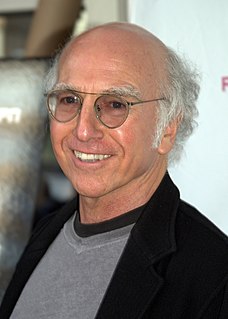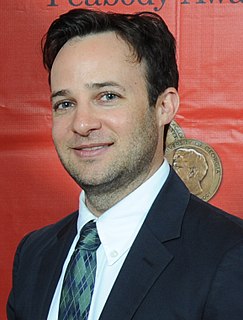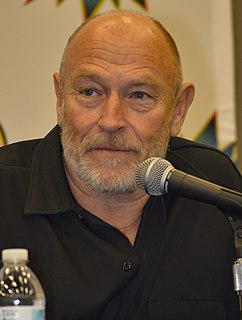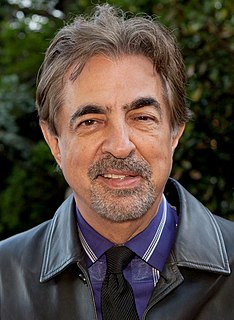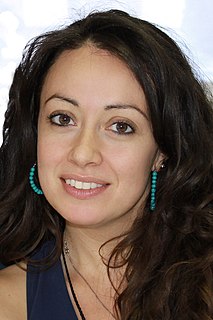A Quote by Anne Lamott
My experience as a writer is that you really do write seven and eight pages to find the paragraph you were after all along.
Related Quotes
The first thing a writer has to do is find another source of income. Then, after you have begged, borrowed, stolen or saved up the money to give you time to write and you spend all of it staying alive while you write, and you write your heart out, after all that, maybe no one will publish it, and if they publish it, maybe no one will read it. That is the hard truth, that is what it means to be a writer.
At seven, I played centre-back. When you're so young, though, it's more to enjoy the training and to get a feel for the game. It's not heavy on tactics of a position. We were playing on a half pitch, seven against seven or eight against eight, so they say you're a centre-back, but it's not like the real definition.
I just wanted to speak to you about something from the Internal Revenue Code. It is the last sentence of section 509A of the code and it reads: 'For purposes of paragraph 3, an organization described in paragraph 2 shall be deemed to include an organization described in section 501C-4, 5, or 6, which would be described in paragraph 2 if it were an organization described in section 501C-3.' And that's just one sentence out of those fifty-seven feet of books.

